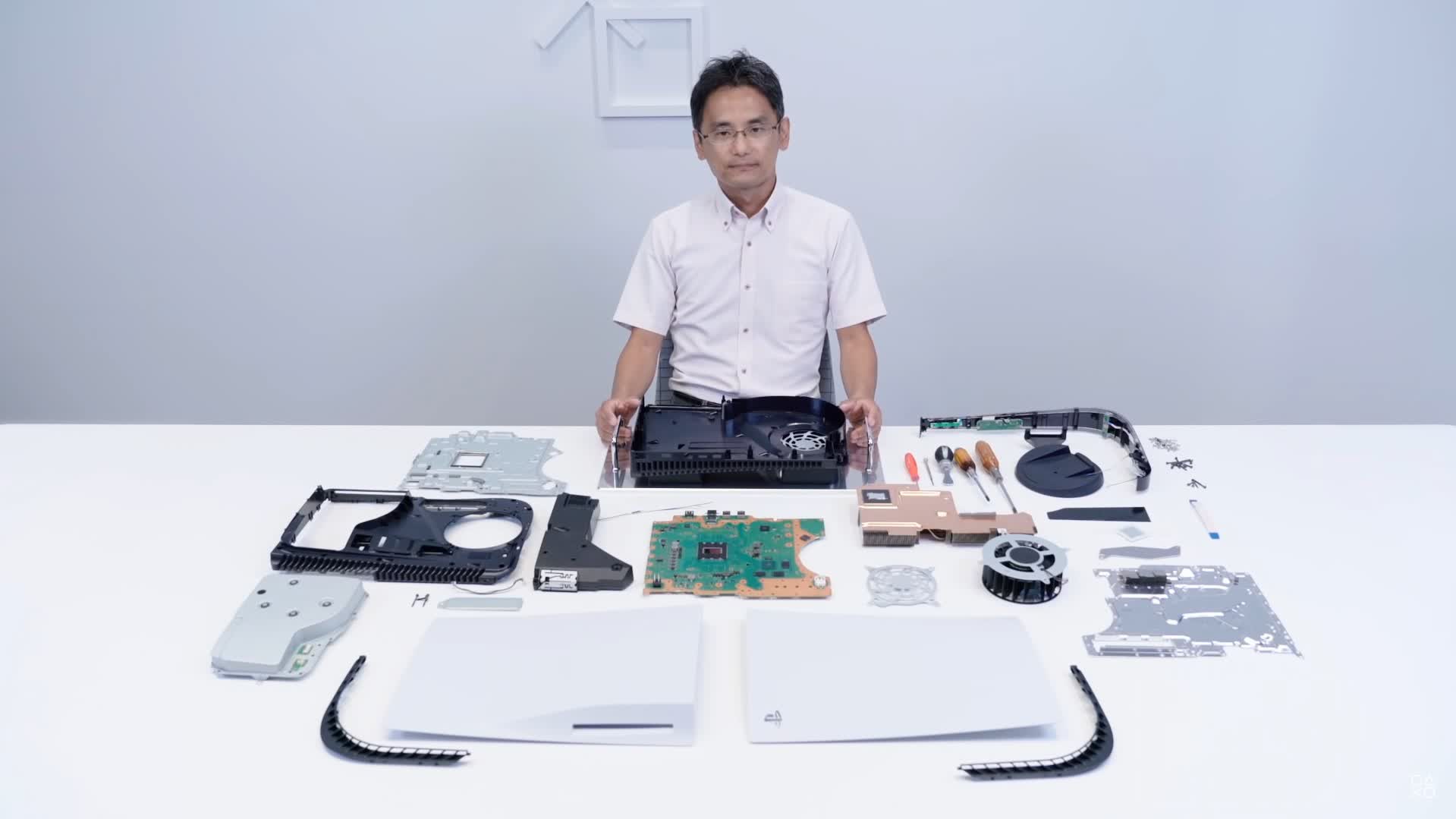Bottom line: This week, the US Copyright Office adopted a new rule acknowledging the Right to Repair (R2R) movement. The regulation creates an exemption in the Digital Millenium Copyright Act (DMCA) that allows consumers to repair devices they own. However, it severely limits what users can fix on video game consoles.
The US Copyright Office says that consumers shall now be allowed to repair software-controlled devices as long as they do not modify their original specifications. That is to say, if you legally purchased a product, you are allowed to repair it without sending it off to the manufacturer as long as your repair does not include a modification that circumvents copyright protections.
“Computer programs that are contained in and control the functioning of a lawfully acquired device that is primarily designed for use by consumers, when circumvention is a necessary step to allow the diagnosis, maintenance, or repair of such a device, and is not accomplished for the purpose of gaining access to other copyrighted works.”
The provision is worded in a way that makes it broad enough to cover any modification but clearly is pointed toward those that allow bootlegging or piracy on the device. However, the language of the ruling specifically limits repairs to video game consoles to just the optical drive.

“The “repair” of a device is the restoring of the device to the state of working in accordance with its original specifications and any changes to those specifications authorized for that device. For video game consoles, “repair” is limited to repair or replacement of a console’s optical drive and requires restoring any technological protection measures that were circumvented or disabled.”
So, in essence, your Nintendo Switch, PS5 digital, and Xbox Series S are off-limits to repair since they don’t have optical drives. Furthermore, other common repairs like storage or screen malfunctions can only be performed by the OEM or an authorized third-party repair shop regardless of whether the console has an optical drive or not.
Despite the limitations, the ruling is a significant step toward R2R reform. The DMCA, particularly Section 1201, has largely been abused by manufacturers to limit consumers’ ability to fix owned devices themselves or choose competitive repair shops. Proponents like consumer advocate Public Knowledge claim companies hide behind 1201 only to enrich their first-party repair services.
“The Copyright Office’s recommendations to allow consumers to repair software-enabled consumer devices and to repair the optical drive on their video game consoles is a victory for consumers, Public Knowledge, and right-to-repair advocates,” Public Knowledge’s Policy Counsel Kathleen Burke said on Wednesday. “Section 1201 of the Digital Millennium Copyright Act has often been used as a legal battering ram to prevent consumers from repairing devices they own and has significantly limited the independent repair services available to consumers.”
Burke notes that more needs to be done, especially regarding Section 1201. However, that is all for now, as the Copyright Office only reviews DMCA exemption requests triannually.

